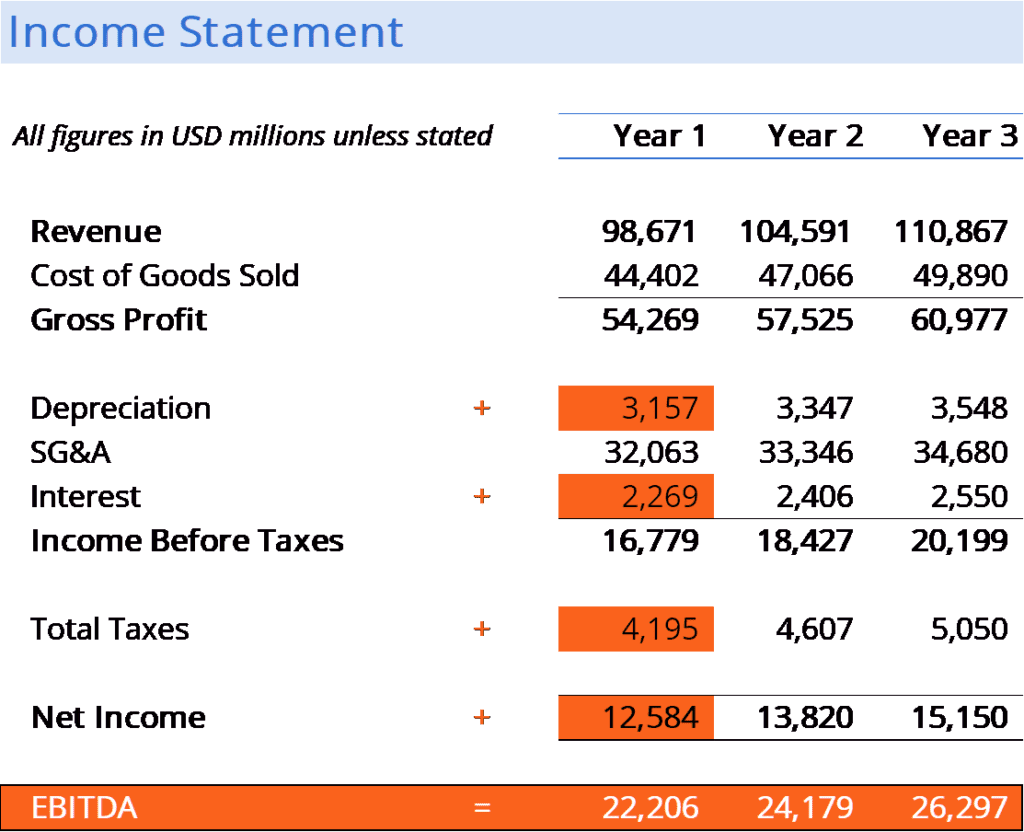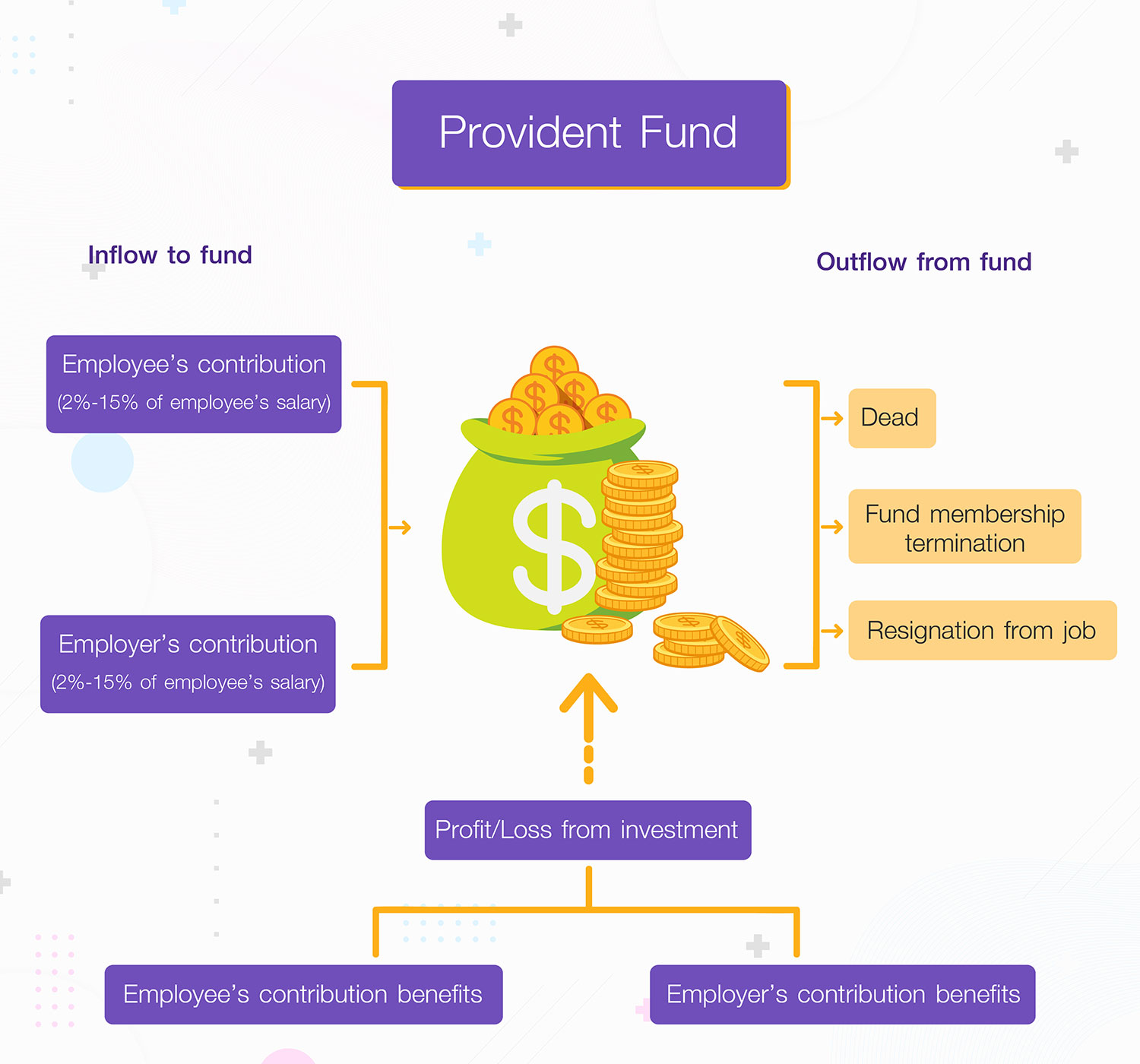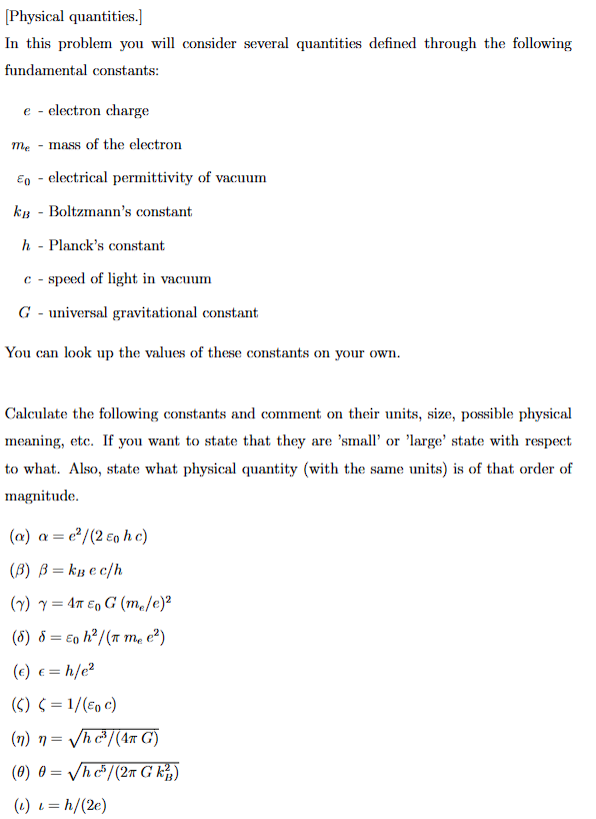Paid-Up Capital: Definition, How It Works, and Importance
4.6 (775) · $ 28.00 · In stock
:max_bytes(150000):strip_icc()/paidupcapital.asp-final-46ec06676a584bc4b0eb1f2d9f65a73f.png)
Paid-up capital is the amount of money a company has received from shareholders in exchange for shares of stock.

What's a share buyback programme?

Balance of Payment (BOP): Definition, Types and Importance
:max_bytes(150000):strip_icc()/laissez-faire-definition-4159781-V2-828107953ee443f1bdeaaaba9b35759b.jpg)
What Is Laissez-Faire Economic Theory?

How much to place as Paid Up Capital?
:max_bytes(150000):strip_icc()/capital_gains_tax.asp-Final-2add8822d04c4ea694805059d2a76b19.png)
Capital Gains: Definition, Rules, Taxes, and Asset Types
:max_bytes(150000):strip_icc()/final25-114279a854b34509895700287b633afd.jpg)
Capital Funding: What Is It & How Does It Work?

Paid in Capital - What's It, Formula, Retained Earnings, Examples

What is EBITDA - Formula, Definition and Explanation
:max_bytes(150000):strip_icc()/SharePremiumAccount_V11-603b0d4d09dc454b9c359c317cff3dc2.jpg)
Share Premium Account: What It Is, How It's Used, Examples

About Provident Fund

Owner's Equity: Definition and How to Calculate It
You may also like







